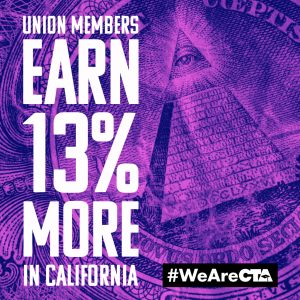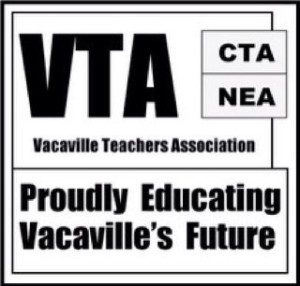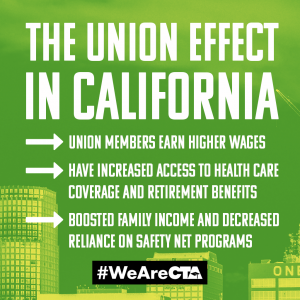During the COVID-19 quarantine, educators across the country are learning how to continue to provide a safe and affirming experience for LGBTQ students via distance learning. Recent data supports the need for educator action and focus:
According to HRC’s 2018 LGBTQ Youth Report:
- 67% of LGBTQ students hear their families make negative comments about LGBTQ people.
- While some students are open about their LGBTQ identity at school, only 21% are out at home.
- Privacy and confidentiality are critically important for LGBTQ youth, especially for those who do not have supportive families. Extreme rejecting behaviors can have dire consequences: Approximately 40% of the homeless youth population in the United States identify as LGBTQ, most as a result of rejection by immediate family members.
- Additionally, LGBTQ youth of color often face additional stress and adverse impacts on their health and well-being as a result of bias around their intersecting identities.
Educators are uniquely positioned to provide support and resources to LGBTQ students who are now more at risk due to the pandemic.
Educators are uniquely positioned to provide support and resources to LGBTQ students who are now more at risk due to the pandemic. NEA EdJustice and HRC Foundation’s Welcoming Schools have joined together to offer a checklist and resources to help educators and allies navigate how to best support LGBTQ students as schools make this unprecedented pivot to distance learning.
Maintaining inclusivity and safe spaces for LGBTQ students is more important than ever during this period of emergency online learning.
Ask yourself how you are supporting LGBTQ students today:
- Does your virtual classroom include visible signs, like Zoom backgrounds or posters, showing that you are LGBTQ affirming?
- Are you normalizing pronoun sharing by sharing your pronouns, verbally, or by adding your pronouns to your name on your virtual platform if you have the option? Are you creating spaces for students to share their pronouns?
- Are you establishing trust with LGBTQ students by using gender-inclusive and non-heteronormative language such as “students” instead of “boys and girls” and “family” or “caring adult” instead of “mom and dad”?
- Can you confirm a private, virtual connection with an LGBTQ student that is not supported at home, so you can check-in with them about their family dynamic and brainstorm self-care strategies?
- Have you addressed the greater risk for LGBTQ cyberbullying — as students overall spend more time online during this period of social isolation — by utilizing teachable moments to not only stop negative anti-LGBTQ language and behavior, but also to educate about LGBTQ terminology, history, and current events?
- With LGBTQ drop-in centers closed and LGBTQ student clubs (i.e. GSA’s) no longer in session, are you sharing direct, online LGBTQ resources with your students that provide affirming support and connection for LGBTQ youth in virtual settings day or night — including the Trevor Project which offers 24-hours-a-day, 365-days-a-year confidential and online support for LGBTQ youth?
Ready to learn more?
Visit Human Rights Campaign, for more resources on how COVID-19 impacts LGBTQ Communities.




